
TAGTIK NEWS - TO THE POINT
Born on August 17: Kevin Rowland, the eternal rebel of the Dexys Midnight Runners

He was born in 1953 in Wolverhampton to Irish parents from County Mayo. His artistic destiny is inextricably linked to a hymn: "Come On Eileen".
Very early on, music became an escape from a rather tumultuous school career. He dropped out at the age of 15. From then on, only his musical desires would guide him through the encounters he made. Inspired by Bryan Ferry and Roxy Music, during the glam period, his first band was called Lucy & The Lovers. Obviously, he was also not insensitive to the emergence of punk, a music but above all a certain rebellious "philosophy" that better suited his personality. In a way, the Killjoys served as a matrix for the Dexys Midnight Runners when Rowland decided to maintain a sometimes muddled energy and to include brass, a bit of violin and some folk influences. This time, he saw the Dexys not only as a liberating outlet but also as a profession. He imposed iron discipline on his companions as well as denim overalls. A little extra that really hits the mark for the image. “There was nothing to lose, and the Denys meant everything to us. So we gave it 100% and even more,” he recalls.
Just because you're chasing fame doesn't mean you're necessarily going to face the whirlwind of success with composure and serenity. Many artists have suffered this and sometimes taken years to recover. Kevin Rowland is one of them. Driven by the ambitions of their (master) singer, the Denys went to fame with the album "Searching For The Young Soul Rebels" and the singles "Geno" (1980) and, above all, "Come On Eileen" (1982), voted Best English Single at the Brit Awards. Rowland's fiery temper and authoritarian tendencies, however, undermined the cohesion of a group over which he sought to remain the absolute master.
After the critical failure of "Don't Stand Me Down" (1985), he spiraled into a downward spiral: cocaine addiction, separation from his record label, and even personal bankruptcy. For years, the aftermath of fame was therefore disillusioning for him.
After conquering his demons, he returned in 1999 with the controversial album "My Beauty." It's safe to say that he created a buzz, appearing in a dress and sporting makeup that would be described as outrageous. Always a rebel at heart, Rowland not only embraced his true colors but also relished the reactions they provoked.
In 2003, like the Phoenix, the Dexys rose from the ashes in a more lasting way, gradually abandoning the Midnight Runners. But it wasn't until 2012 that the album "One Day I'm Going To Soar," only the band's fourth, was released. In 2016, "Let the Record Show: Dexys Do Irish And Country" explored his Irish roots, occasionally evoking the Pogues, while "The Feminine Divine" (2023), highly introspective and personal, notably questions the author's sometimes problematic relationship with women.
His recent autobiography, "Bless Me Father," reveals a bumpy life that nevertheless leads today toward a kind of inner peace. The eternal rebel seems to have finally found his balance...
(MH with Stéphane Soupart - Photo : © Etienne Tordoir)
Photo: Kevin Rowland with the Dexys Midnight Runners on the set of the TV show "Génération 80" in Brussels (Belgium) in 1982
LATEST NEWS
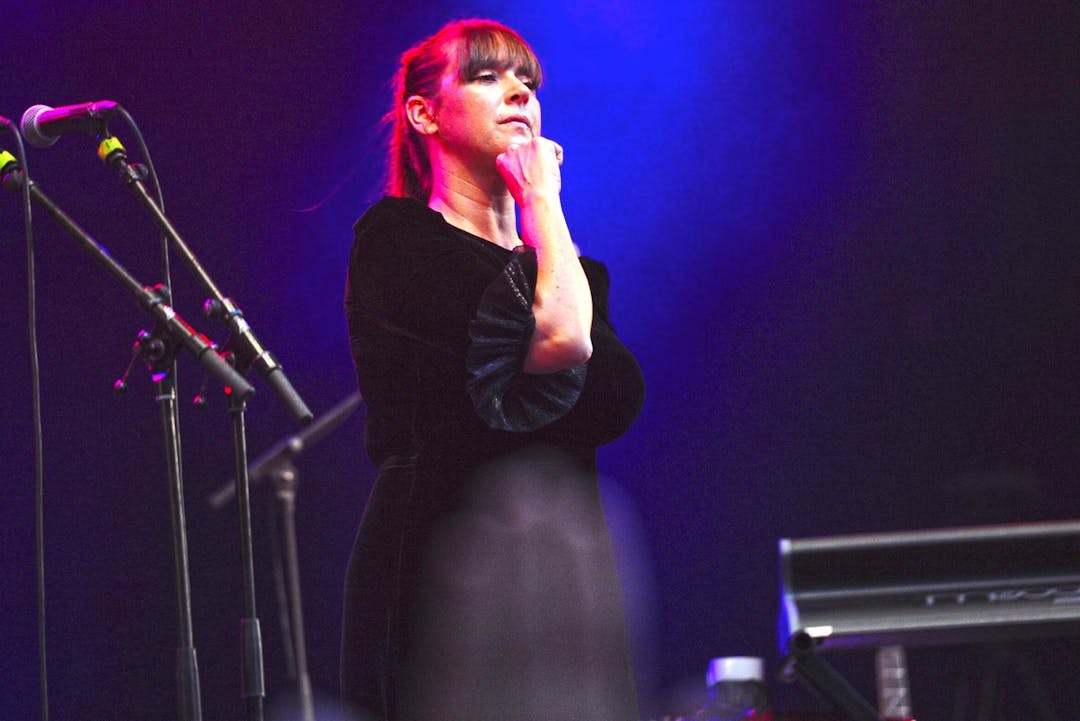
Born on January 21: Cat Power, a rebel who doesn't need to scream
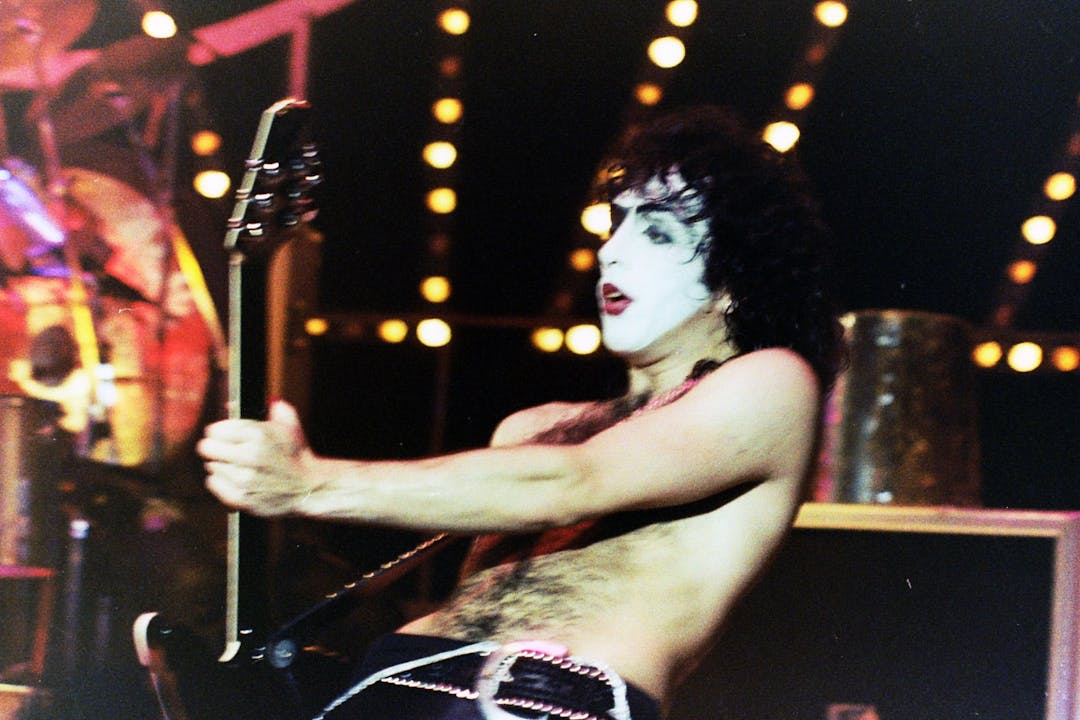
Born on January 20: Paul Stanley (KISS) promises not to touch make-up!
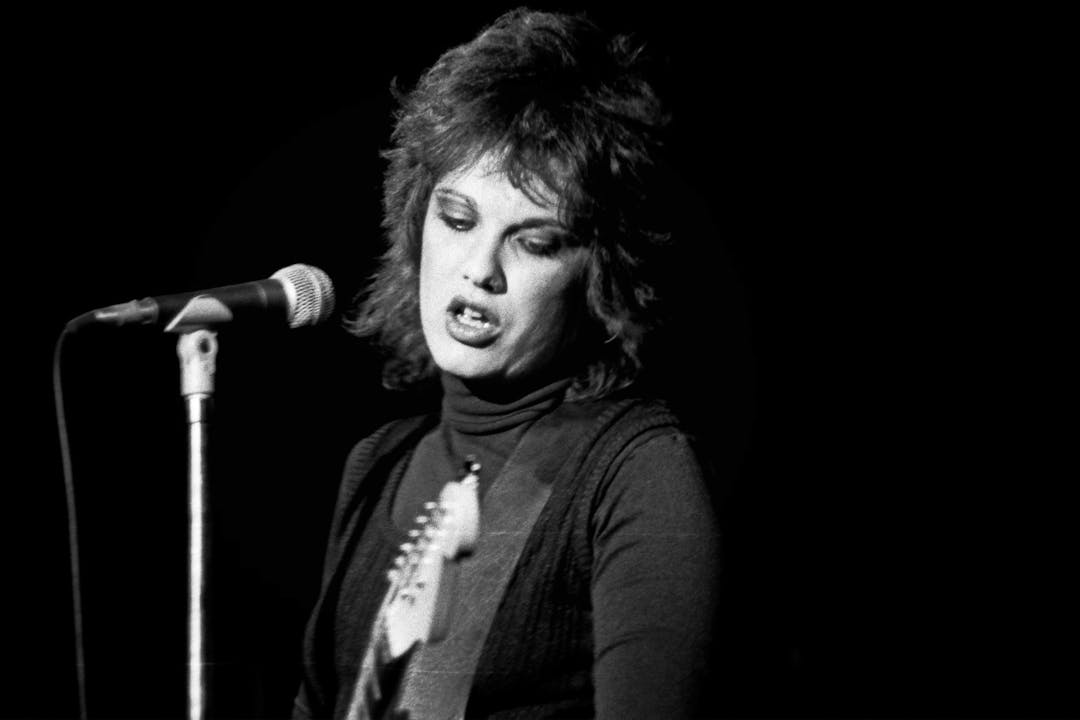
Born on January 19: Martha Davis, the Motels' singer's troubled life

RIP: The legendary Tucker Zimmerman has passed away at the age of 84.
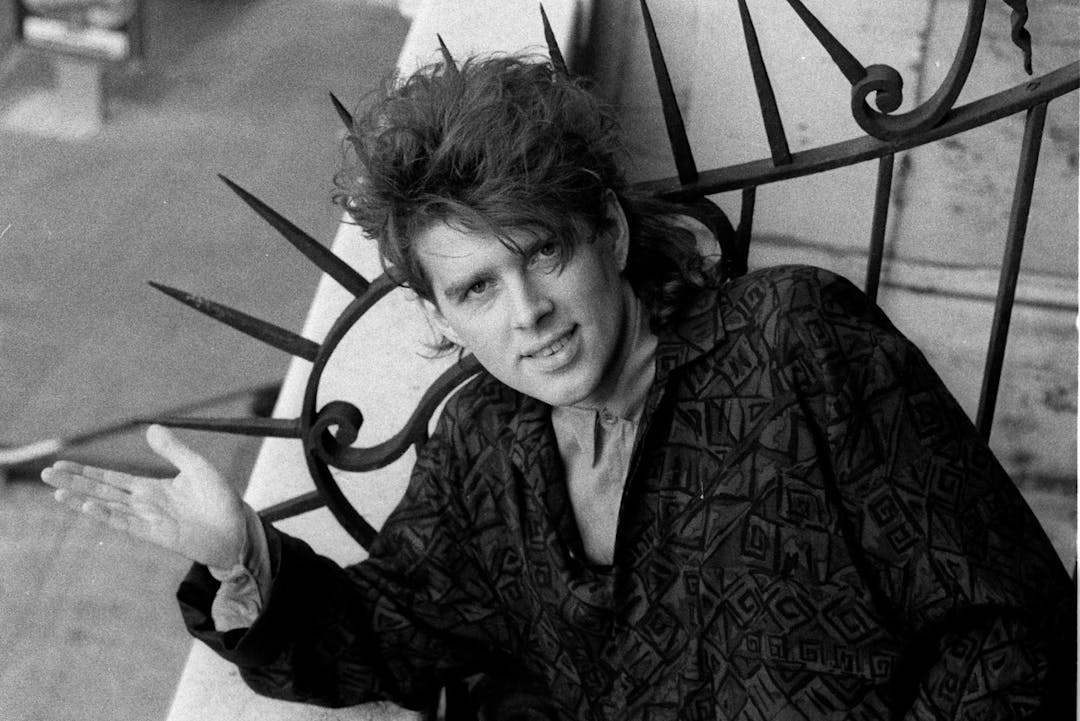
Born on January 18: Tom Bailey (Thompson Twins) always calls his "Doctor! Doctor!"
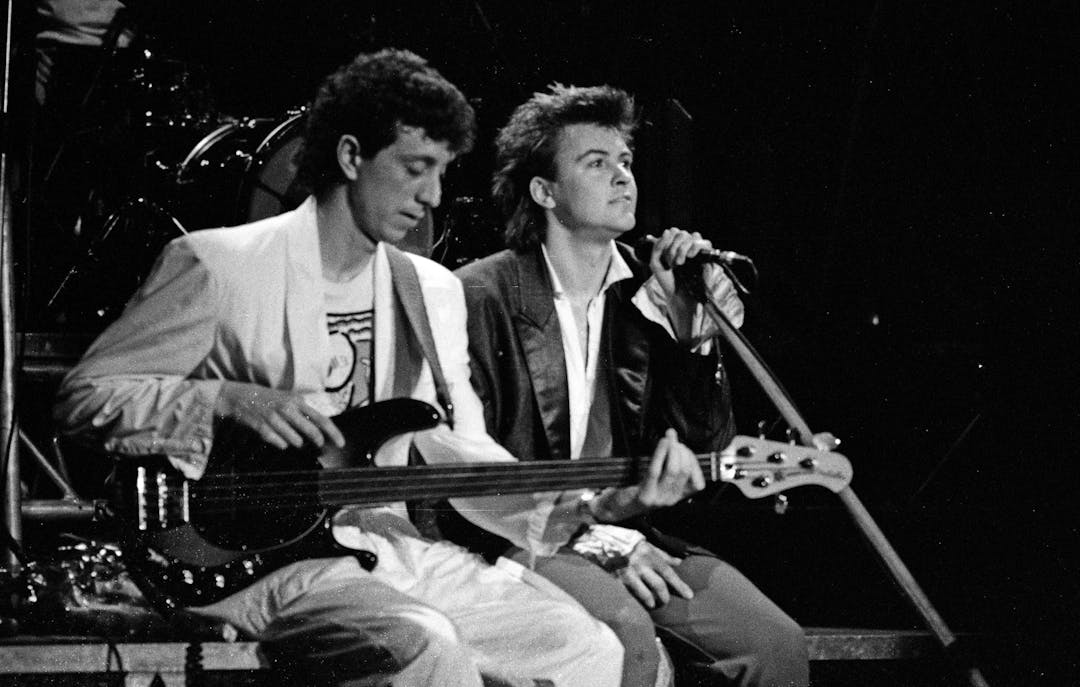
Born on January 17: Paul Young holds on to his crown as king of romantic ballads
Quick links